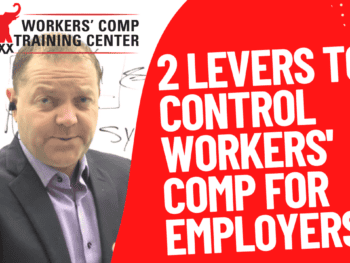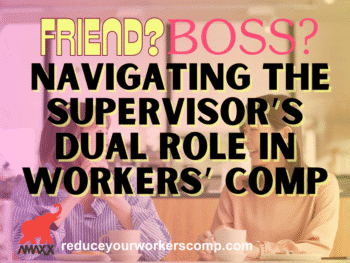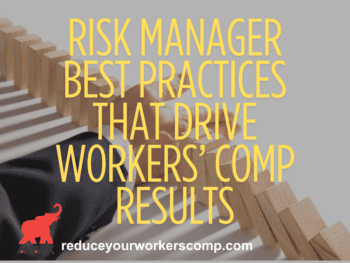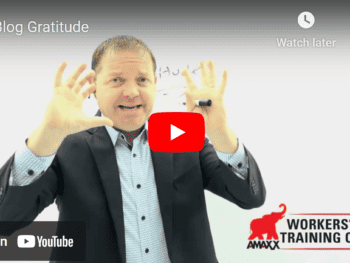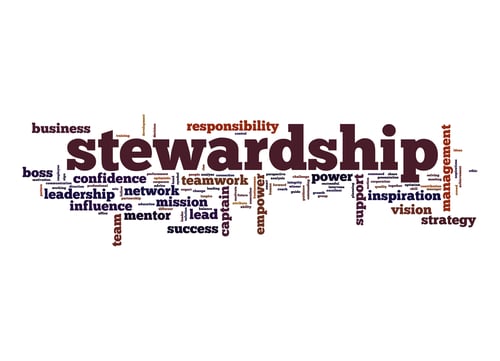In comp claims, there is no substitute for knowledge of the facts. Not just the underlying facts about the injury, but the facts about how the claim is being handled.
Last week, an employer who was experiencing a rash of dubious comp injury reports had received no information from the comp board or the carrier on how the claims were being handled. The employer was also required by federal law to monitor employee injury reports and make sure that the employees could safely operate heavy vehicles. The employer, therefore, wanted to review the claim folders before the comp board, which, in NY, it has the right to do.
Employer Needs To Be Proactive To Obtain Information
But the employer did not have the board file numbers for the claims. A phone call to the carrier elicited no cooperation whatsoever. “Why do you want to know the claim numbers? Sorry, we don’t have them.” (Two of the claims were over a year old and had been to hearings.)
The employer was pleased to discover that the files could be located without the WCB number and without the carrier’s assistance or approval. The employer, however, was disturbed at the carrier’s attitude. Why shouldn’t an employer have access to the facts?
In NY, employers, until recently, were automatically notified of hearings and the the results. To be sure, that is only a bare minimum but it is a lot better than nothing. But if we go back even farther we come to a time when the carrier did not even attend hearings – just the employer. And the law has not changed since then. The employer has been gradually removed from the claim process until it has far less access to information than any other party in the process.
Employer Has Right To Full Access Of Claim Information
An employer has every right to full access to the information in a claim folder and does not need anyone’s permission to get it. But what should it do if its carrier doesn’t see things that way?
Obstructions on the information highway are like obstructions on a vehicular freeway. Don’t try to go over them or through them – and don’t put on the brakes and sit in the middle of the traffic. Instead, slow down and cautiously drive around them.
A carrier who tells an employer, “Why do you want to know?”, is inviting short pithy replies. A perfectly acceptable response might be, “Because I’m the only one paying for all this”, even if it fails to arouse sympathy. A better one is, “Because the law makes me, not you, primarily responsible for poor claim performance and harm to my workers”.
Raw information is so valuable that it is worth nearly any effort to obtain it. The employer should also be aware there are many laws that require the information that the employer needs. Comp claim information is needed for proper handling of unemployment claims, discrimination claims, private disability claims, tax matters, ERISA, ADA, FMLA, as well as a host of other laws. So an employer who is asked, “Why do you want to know”, is speaking with someone who is unaware of the comp law since its very beginnings, not to mention all the other laws passed since then.
Don’t get mad. Be patient, ask others to assist – and get the information.
Author: Attorney Theodore Ronca is a practicing lawyer from Aquebogue, NY. He is a frequent writer and speaker, and has represented employers in the areas of workers’ compensation, Social Security disability, employee disability plans and subrogation for over 30 years. Attorney Ronca can be reached at 631-722-2100. medsearch7@optonline.net
Editor Michael B. Stack, CPA, Director of Operations, Amaxx Risk Solutions, Inc. is an expert in employer communication systems and part of the Amaxx team helping companies reduce their workers compensation costs by 20% to 50%. He is a writer, speaker, and website publisher. www.reduceyourworkerscomp.com. Contact: mstack@reduceyourworkerscomp.com.
©2013 Amaxx Risk Solutions, Inc. All rights reserved under International Copyright Law.

